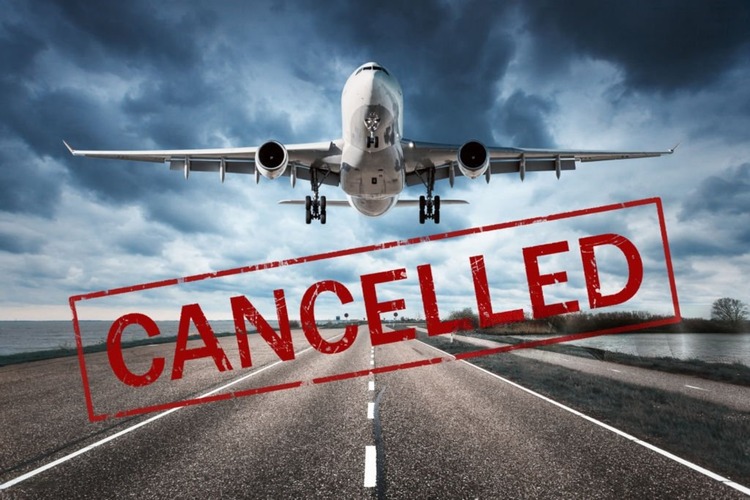Your Guide to Navigating Flight Cancellations
Flight cancellations are among the most frustrating parts of travel, but knowing your rights and having a plan can make a world of difference. This guide will walk you through the common reasons for cancellations and give you the tools to handle the situation calmly and effectively.
Common Reasons for a Canceled Flight
Why do flights get canceled? The reasons can vary, but they generally fall into a few key categories:
Weather Conditions: The most common cause. Severe storms, snow, or fog can make it unsafe for a plane to take off or land.
Technical Issues: Safety is the top priority. If a plane has a maintenance problem that can’t be fixed in time, the airline will cancel the flight rather than risk it.
Operational Challenges: This can include logistical problems like crew scheduling issues, a lack of available aircraft, or air traffic control restrictions due to congestion.
Labor Issues or Regulatory Changes: Strikes by airline staff or new government regulations can also lead to widespread cancellations.
Your Rights as a Passenger
When a cancellation happens, you have certain rights. Depending on where you are and the airline’s policy, you’ll typically be offered one of two things:
Rebooking or Refund: Most airlines will give you a choice. You can either be rebooked on the next available flight (sometimes even on a different airline) or receive a full refund for the canceled leg of your journey.
Accommodation and Meals: If the cancellation causes a significant delay and forces an overnight stay, many airlines will provide hotel accommodations and meal vouchers. Always ask a customer service agent about your entitlements.
Compensation: In some regions, like the European Union (under EC 261), you may be entitled to additional financial compensation, especially if the cancellation was not due to “extraordinary circumstances” like severe weather.
What to Do If Your Flight Is Canceled
Contact the Airline Immediately: Don’t wait in a long line at the airport. The fastest way to get rebooked is often through the airline’s website or mobile app.
Know Your Alternatives: Before you call or get in line, do a quick search for other flights to your destination or a nearby airport. This information can help you get a better rebooking option.
Stay Informed: Use the airline’s app, flight trackers, or SMS alerts to stay updated on your flight status. This helps you get ahead of the crowds.
Be Patient and Polite: It’s a stressful situation for everyone, including the airline staff. Remaining calm and courteous will likely get you better and faster assistance.
Tips to Avoid Cancellations
While you can’t guarantee a flight won’t be canceled, you can take steps to minimize the risk:
Book Morning Flights: Delays and cancellations tend to snowball throughout the day, so early-morning flights are generally more reliable.
Choose Nonstop Flights: A nonstop flight means fewer opportunities for things to go wrong during a layover.
Consider Travel Insurance: Purchasing travel insurance or using a credit card with travel protection benefits can help cover the costs of accommodations, meals, and other expenses in the event of a cancellation.
By being prepared and knowing your rights, you can face a flight cancellation with confidence and get your travel plans back on track.


